In a critically important diplomatic advancement, Sudan has expressed its approval following the UN Security Council’s recent decision to reject the establishment of a parallel government in the country. this resolution, which underscores the international community’s support for sudan’s sovereignty and democratic processes, comes amid ongoing political turbulence and calls for a cohesive governmental structure. The rejection of a competing authority is seen as a critical step towards stabilizing a nation grappling with deep-seated divisions and unrest. As Sudan navigates this complex landscape, the implications of the Security Council’s stance could play a pivotal role in shaping the country’s future governance and the restoration of peace and order. This article explores the context of the Security Council’s decision and its potential impact on Sudan’s political trajectory.
sudan’s Response to the UN Security Council Decision
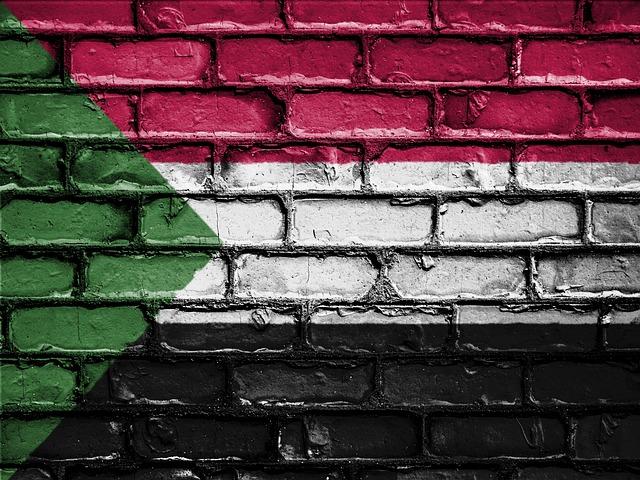
In a significant development, Sudan has expressed its approval of the UN Security Council’s recent resolution rejecting the formation of a parallel government. Officials from Sudan’s interim administration praised this decision, viewing it as a crucial step toward restoring national stability and supporting the existing transitional framework. Key figures within the government emphasized that such a resolution reaffirms the international community’s commitment to a unified governance structure, which remains essential for the country’s ongoing transition.
The Sudanese government highlighted several points regarding the UN’s decision,noting its importance in addressing the nation’s pressing challenges.Among the aspects discussed where:
- strengthening Unity: A unified government structure is vital for national cohesiveness and progress.
- International Support: The decision reflects global consensus against divisive governance models.
- Focus on Peace: A singular administrative body will better facilitate peace agreements and development initiatives.
Furthermore, the Sudanese administration aims to leverage this international endorsement to foster dialog among various political factions, promoting inclusivity and cooperation. Observers anticipate that this decision may serve as a catalyst for enhancing international engagement with Sudan, paving the way for essential aid and support.
Implications of the Parallel Government Rejection for Sudan’s Political Stability
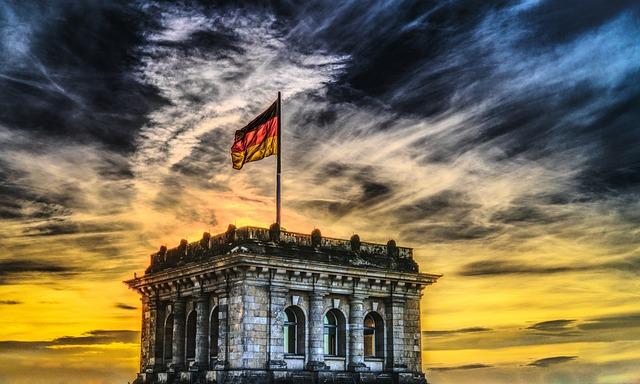
The recent decision by the UN Security Council to reject the concept of a parallel government in Sudan has significant implications for the country’s political landscape. The move is a critical assertion of support for the transitional government led by the civilian leadership, reaffirming international confidence in a unified approach to governance. As a result, Sudan is likely to experience a reduction in the chaotic power struggles that have plagued its political surroundings, possibly paving the way for a more stable administration. This support from the international community not only legitimizes the current government but also encourages a collaborative dialogue among various political factions, fostering a climate conducive to sustainable governance.
Moreover, the impact of this decision resonates beyond mere governance; it shapes public perception and the climate for civil engagement. The rejection of a parallel government serves as a strong signal to the citizens of Sudan regarding the importance of cohesion and shared governance in achieving peace and stability. Possible implications include:
- Increased trust in official institutions as the international community reaffirms its commitment to supporting a singular government.
- A decrease in fragmentation among political parties, promoting unity in tackling pressing issues such as economic recovery and social justice.
- Encouragement of peacebuilding efforts as stakeholders rally around a recognized and formal structure of governance.
The Role of International Diplomacy in Sudan’s Governance Crisis
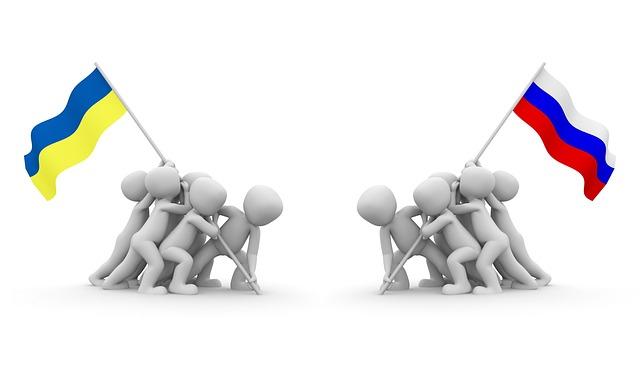
International diplomacy plays a pivotal role in shaping the trajectory of governance in Sudan, particularly in the context of its current crisis. The rejection of a parallel government by the UN Security Council has illuminated the complexities involved in achieving stability within the country. Key diplomatic engagements have garnered attention and may pave the way for a more inclusive governance structure, which is essential in a nation grappling with internal conflicts and socio-political fragmentation. More then ever, the influence of global powers and international organizations is critical in mediating disputes and fostering dialogue among Sudan’s diverse political factions.
The implications of international support cannot be overstated as they may directly impact various aspects of Sudan’s governance, including:
- Human Rights Protection: International pressure can help safeguard civil liberties and protect against abuses.
- Economic Assistance: Diplomatic agreements can facilitate foreign investment and aid, crucial for economic recovery.
- Conflict Resolution: Diplomatic efforts can assist in mediating tensions and promoting peace negotiations.
With ongoing international diplomatic engagement, stakeholders within Sudan are encouraged to seize the possibility for reform, hoping to create a governance framework that is legitimate and supported by both the Sudanese populace and the global community.
Recommendations for strengthening Sudan’s Democratic Institutions
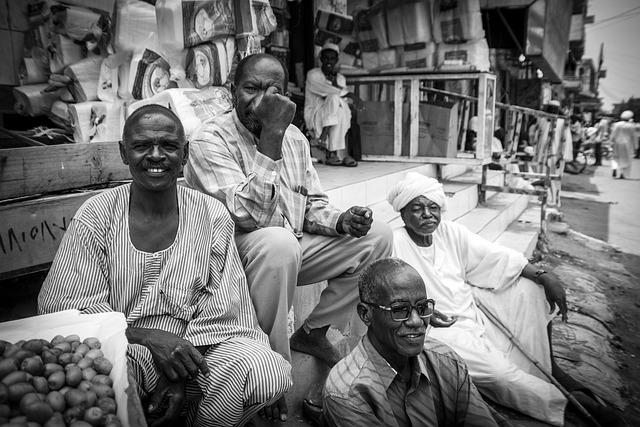
To ensure stability and promote sustainable governance in Sudan, fostering robust democratic institutions is essential. A multi-faceted approach involving various stakeholders can considerably enhance the resilience of these institutions. Key recommendations include:
- Strengthening Civil Society: Empower local NGOs and community organizations to actively engage citizens in governance processes.
- Enhancing Electoral Systems: Implement comprehensive electoral reforms that ensure transparency and fairness in elections.
- Judicial Independence: Promote the autonomy of the judiciary, safeguarding it from political interference to uphold the rule of law.
- Media Freedom: Foster a free press that can operate without censorship, enabling the population to access diverse viewpoints.
Moreover, international support can play a crucial role in this transformative journey. Collaboration with global partners could provide technical assistance and funding to develop democratic frameworks. Possible strategies include:
| Strategy | Description |
|---|---|
| Capacity Building Workshops | Training programs for public officials on governance and accountability. |
| Monitoring and Evaluation | Establish mechanisms for assessing democratic processes and performance. |
Future Prospects for Peace and Unity in Sudan’s Transitional Government

The recent rejection of a parallel government by the UN Security Council has created a renewed sense of hope for Sudan’s transitional government. This decisive action underscores the international community’s support for a unified political framework that could pave the way for sustainable peace and stability. Various stakeholders within Sudan now have the opportunity to engage in constructive dialogue, allowing for the establishment of a government that reflects the diverse voices of its citizens. Key opportunities for peace and unity moving forward include:
- Inclusive Dialogue: Fostering discussions among all political factions to build consensus on governance.
- Strengthening Civil Society: Empowering local organizations to actively participate in the political process.
- Sustained International Support: Ensuring continuous assistance from global powers to navigate challenges effectively.
- Reconciliation Efforts: Prioritizing healing and forgiveness initiatives among different communities and regions.
Moreover, establishing a roadmap for transitional justice can lay the groundwork for lasting peace. This approach will enable the government to address past grievances while promoting accountability and transparency.An essential aspect of this roadmap may include:
| Action Item | Purpose |
|---|---|
| Truth Commissions | To uncover past human rights abuses and foster dialogue. |
| Community Engagement | To involve citizens in local governance initiatives. |
| Educational Programs | To promote awareness and understanding of peace-building efforts. |
Analysis of Global Reactions to the UN Security Council’s Stance on Sudan
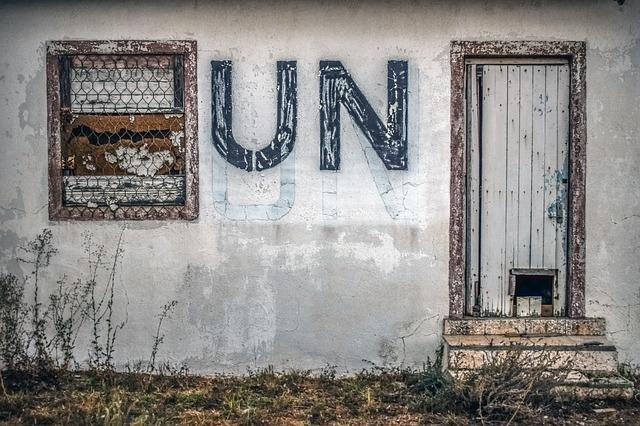
The recent decision by the UN Security Council to reject the notion of a parallel government in sudan has elicited varied reactions from international stakeholders. Support for the Council’s stance predominantly comes from nations advocating for a stable and united Sudan.These countries emphasize that recognizing a single governing body is essential for the country’s democratic transition and socio-economic recovery.The global community has echoed calls for dialogue and inclusivity, stressing the importance of a collaborative approach to governance that involves diverse Sudanese voices, particularly marginalized groups.
In contrast, some regional powers and non-state actors have reacted critically, suggesting that the UN’s position may inadvertently reinforce the existing power dynamics that have perpetuated conflict in the region. Concerns highlighted include:
- The risk of alienating groups that feel disenfranchised by the current political process.
- The potential for increased instability if parallel structures remain unaddressed.
- Calls for the UN to facilitate negotiations that include all factions, rather than endorsing a singular narrative of governance.
the reactions underscore a complex landscape where the balance between international diplomatic policy and local realities remains tenuous.
| Reactions | Supporters | Critics |
|---|---|---|
| Emphasis on unity | Many Western nations | Some regional powers |
| Focus on dialogue | International NGOs | Non-state actors |
| Inclusivity in governance | UN member states | Marginalized groups |
In Retrospect
Sudan’s keen response to the United Nations Security Council’s rejection of a parallel government highlights the ongoing complexities of its political landscape. The decision reflects a significant stance against fragmentation and a reaffirmation of international support for a unified state. As Sudan navigates this critical juncture, the implications of this ruling resonate across the nation, potentially shaping the future of its governance and democratic aspirations. Continued engagement from global institutions and regional actors will be crucial in fostering stability and supporting Sudanese efforts toward lasting peace and democratic reforms. The unfolding situation demands close attention as the country seeks to consolidate its political structures and overcome the challenges that have long plagued its transition to democracy.







